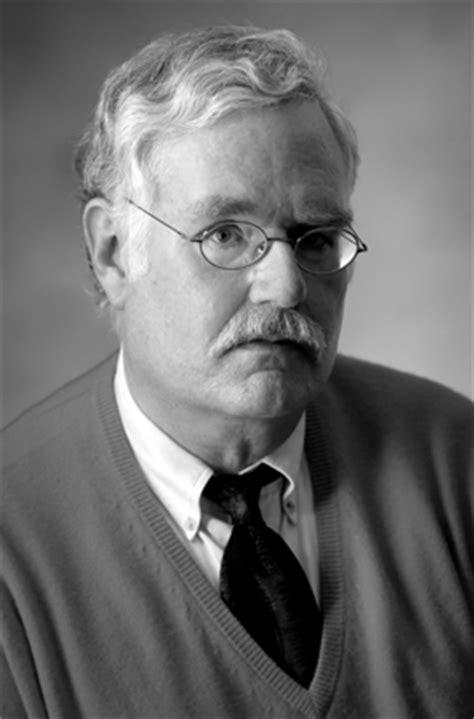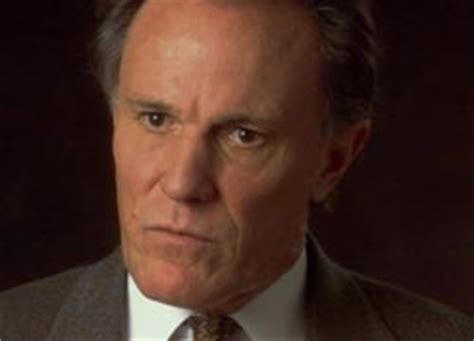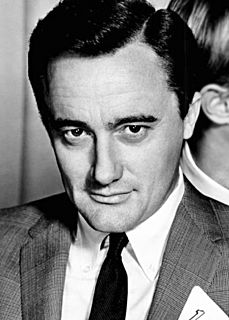A Quote by Mortimer Adler
Theories of love are found in the works of scientists, philosophers, and theologians.
Quote Topics
Related Quotes
Methodological naturalism gives advice to scientists about what they should include in their theories. There is a second type of methodological naturalism that gives advice to philosophers, which I call "methodological naturalismp." It says that the methods that philosophers should use in assessing philosophical theories are limited to the methods that scientists ought to use in assessing scientific theories.
Scientists and theologians can’t offer better than circular arguments, because there are no other kinds of arguments. Bible believers quote the Bible, and scientists quote other scientists. How do either scientists or theologians answer this question about the accuracy of their conclusions: “In reference to what?
Virtually every subject is most effectively learned directly from the greatest thinkers, historians, artists, philosophers, scientists, prophets and their original works. Great works inspire greatness. Mediocre or poor works inspire mediocre or poor learning. The great accomplishments of humanity are the key to quality education.
If moral statements are about something, then the universe is not quite as science suggests it is, since physical theories, having said nothing about God, say nothing about right or wrong, good or bad. To admit this would force philosophers to confront the possibility that the physical sciences offer a grossly inadequate view of reality. And since philosophers very much wish to think of themselves as scientists, this would offer them an unattractive choice between changing their allegiances or accepting their irrelevance.
Facts and theories are different things, not rungs in a hierarchy of increasing certainty. Facts are the world's data. Theories are structures of ideas that explain and interpret facts. Facts do not go away while scientists debate rival theories for explaining them. Einstein's theory of gravitation replaced Newton's, but apples did not suspend themselves in mid-air pending the outcome.
To turn Karl [Popper]'s view on its head, it is precisely the abandonment of critical discourse that marks the transition of science. Once a field has made the transition, critical discourse recurs only at moments of crisis when the bases of the field are again in jeopardy. Only when they must choose between competing theories do scientists behave like philosophers.







































